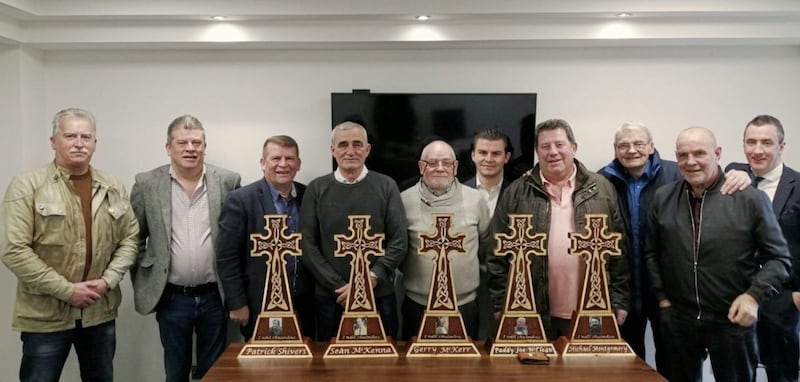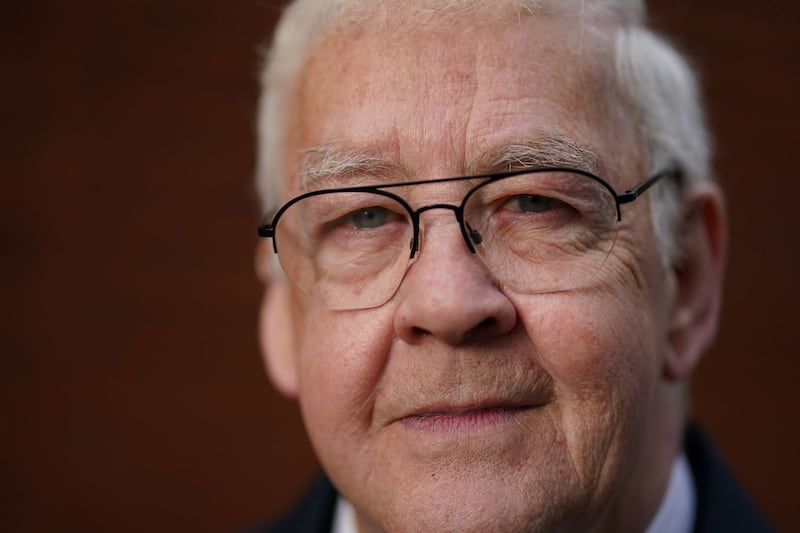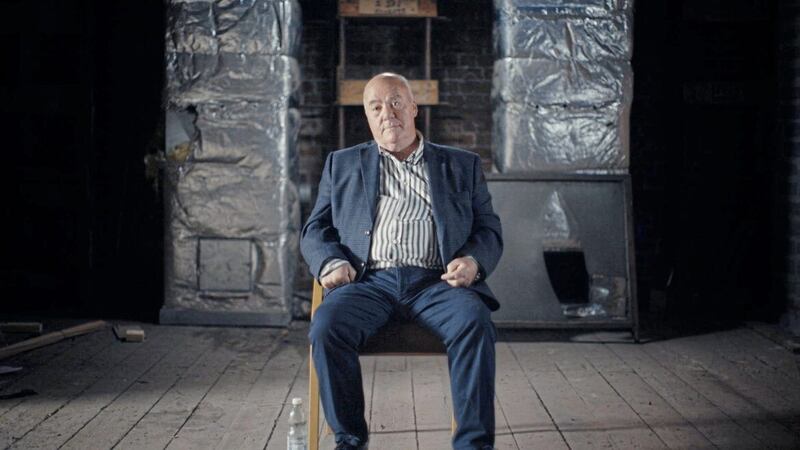THE 'Hooded Men' have given first hand accounts of their experiences at the hands of British security forces in for a new documentary.
The 14 men, all from Catholic areas, were interned without trial in 1971.
In the days that followed, they underwent extreme interrogation. As well as brutal beatings, the men, who had no prior convictions, were subjected to what would become known as the five techniques, which had been authorised at a high level. These included hooding, having to adhere to stress positions, white noise, sleep deprivation and no food or water.
Having spent decades fighting for justice, in 2021 the Supreme Court ruled that the PSNI was wrong not to investigate their case. The decision came after the PSNI appealed a previous High Court ruling that police should revisit the move to end an investigation into the case. The European Court of Human Rights ruled that the treatment faced by the men at the hands of the British army and police fell short of torture, despite being inhumane.
Read more:
- I still have nightmares after 50 years, says Hooden Man victim of interrogation
- Jim Gibney: Hooded Men have come back to haunt their torturers (premium)
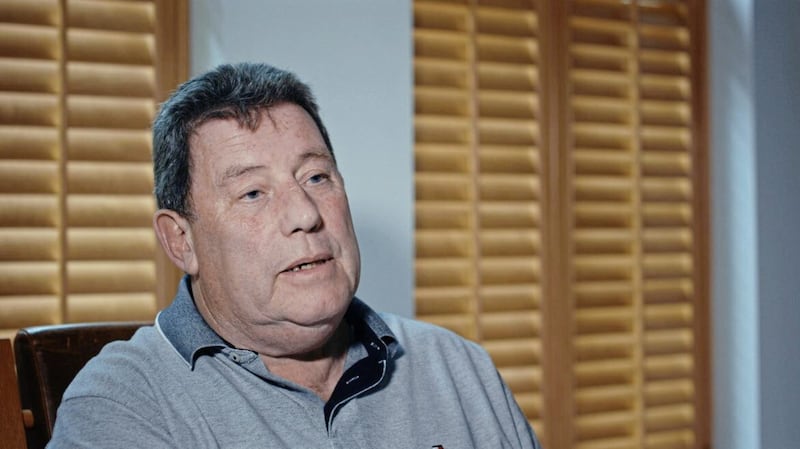
In a documentary due to be broadcast on BBC One on Monday at 10.40pm, the men speak about their battle for the UK government to finally acknowledge the truth and apologise.
Among those featured is Jim Auld who, at the time, was a 20-year-old dental assistant.
He was confronted by British army soldiers who took him away as he returned to his west Belfast home following a night out. He was taken by helicopter to Ballykelly in Co Derry to an interrogation centre.
"I was petrified. The helicopter came to a stop and I was kicked out... a hood went on from the back.
Mr Auld said his hands and feet were tied and he was made to stand in a `stress position' against a wall.
"I remember taking one hand down to shake my arm to get the pins and needles out of it but I didn't get my arm down the whole way and I was unmercifully beaten," he said.
- Hooded Man Paddy Joe McClean did not let 'grave injustice' of internment 'define him', mourners told
- Impact of abuse on Hooded Men still felt today
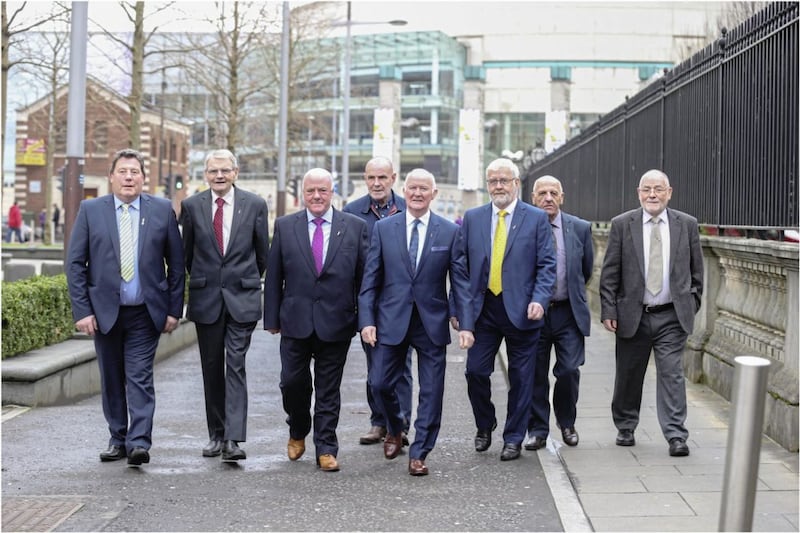
West Belfast man Joe Clarke, who was then aged 19, said he experienced similar treatment.
"I was brought into a room where I stripped naked and got a so called medical and a boiler suit was put on me and the hood was then put back on me," he said.
Mr Clarke said the interrogators "didn't ease up any" and at one point he was beaten unconscious by six or seven people.
"As a young 19-year-old I was just trying to deal with this as best I could. You were against the wall and they would come behind you, kick the back of your feet, beat you on the ribs, beat you on the your hands."
While being held, the men were subjected to loud white noise and when being interrogated, were quizzed about who they knew in the IRA.
A total of 342 men were arrested on the day internment was introduced on August 9, 1971, however only 14 of them were selected for the horrific treatment.
After nine days, the hooded men were sent back to Crumlin Road jail.
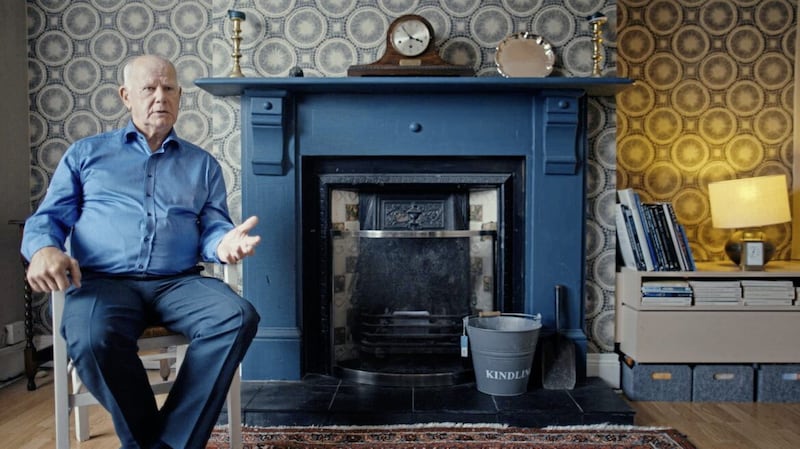
Speaking about the treatment, General Anthony Farrar Hockley, who was Commander British Land Forces NI 1970-1971, said "a lot of very good information, though of course relatively short term in value, was obtained".
He claimed some of those taken "and not by any means the most junior, in the ranks of the IRA were described by those who were carrying out interrogation as `singing like canaries'.
The surviving hooded men now continue in their quest for justice.
Joe Clarke, who won £10 million on the lottery in 2013 and who has been recently diagnosed with terminal cancer, said: "I'm coming to the end of my days.
"The result in the Supreme Court has been unbelievable. There's five of the hooded men never seen that. I've seen it and I'm happy enough."
When asked if the PSNI should apologise, Raymond White, former Head of RUC Special Branch, said: "If mistakes were made or people were wrongly treated, I have no problem with saying yes, an apology for what happened is right and proper".
